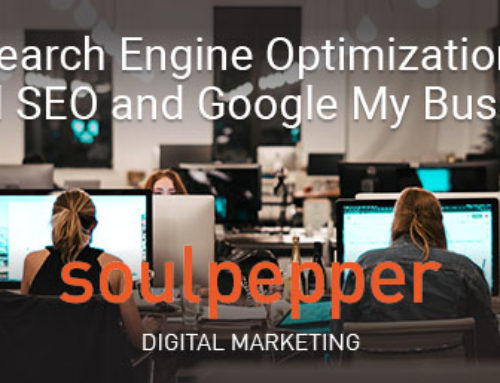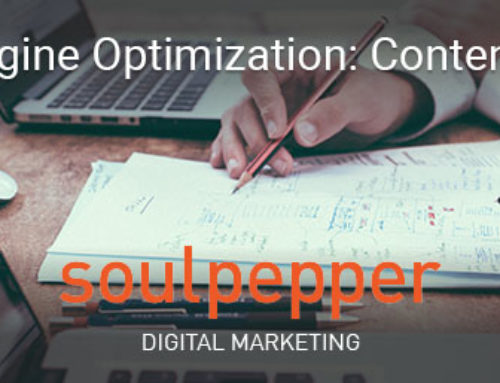At the beginning of October 2018, Samsung dropped a very different type of online advertising. A video started spreading around social media of an unboxing of the new Samsung Galaxy Note 9. But what makes this ad different from the others is that instead of having famous celebrities it actually features social influencers. Actually, to be more specific it featured popular gamers, such as Ninja who has almost 12M followers on Twitch and Markplier who has about 22M subscribers on his YouTube channel.
As surprising as these numbers might be, it’s not unexpected that influencers have gotten the popularity that they have. Influencers are more identifiable than your usual celebrity, more tangible. Most of them have put their whole life online, being that in storytelling mode or even as the popular videos series “draw my life”. In addition, they engage with their audience more, they constantly reply to comments and overall listen to what their audience wants. Differently, from an actor who plays a role that was given to him, social media influencers develop their content with the likes and dislikes of their audience in mind. It’s more than just a job for them, it’s a lifestyle.
Influencers are unfiltered. Normally a brand sends them products in exchange for their honest review. Because of that, they don’t shy away from giving their opinions about a product that they didn’t enjoy, but at the same time, they are known for gushing about those they do like. This type of transaction can be seen is almost all social media platforms and all distinct areas. It can be seen with gamers, beauty gurus and even book fanatics. The main focus is to know where your audience lies in the social media spectrum and who its main influencers are.
Nonetheless, celebrities are still been used to sponsor many products and brands out there. But what another reason why they might slowly be being replaced by influencers is that they are not as relatable. They are normally perceived as untouchable beings. For a lot of people, celebrities have glamorous lives and, by proximity, don’t have the same issues that everyone does. In addition to that, celebrities have always endorsed products that they don’t normally use or even like. Over the years, this has shattered the view that consumer has of them and their opinion about certain products. In April of 2018 Gal Gadot has been a victim of this, tweeting her new Huawei Ad to her followers. But what she didn’t know is that when someone tweets from an iPhone it shows up on the tweet. It didn’t take long for consumers to pick up on it. Trust is one of the many things that consumers look for in a brand and a brand ambassador, so mistakes such as that one made by the Wonder Woman actress are not viewed pleasantly.
Another brand that built its recognition with social media and its influencers is Fashion Nova. The company started as a single shop in 2006 at a mall in California but it was in 2013 that it took to Instagram to promote their products, directing their shoppers to their website. The brand did use celebrities such as Kylie Jenner and Cardi B to promote their products, but they also used Instagram influencers in their marketing strategy. Fashion Nova sent them free products in exchange for honest reviews and posts. Fast forward five years, in 2018, and the company has over 13 million followers on their Instagram page. Fashion Nova has expanded to other stores in California but their primary focus now it’s e-commerce since it’s influence online has skyrocketed to other social platforms such as Facebook and YouTube.
As we can see influencers are becoming a substitute for the mainstream celebrity endorsement that marketing has used for many years. There are many reasons to why a brand should use this “social media celebrities” to its benefit. It can be that they want to relate more to their audience, choosing someone that engages with them in a deeper level that Hollywood celebrities can’t. It can also be because creating a campaign focused on influencers it is, in many ways, cheaper. Brands might send influencer PR packages of their new products or even sent them a specific one asking for an honest review. But the key word here is the word “honest”. Influencers don’t care about being coerced to saying only nice things about something and if they find out a brand asked them to they might take it to their own platforms to talk about it, and cleaning a brand image after something like that can be extremely difficult.






Leave A Comment